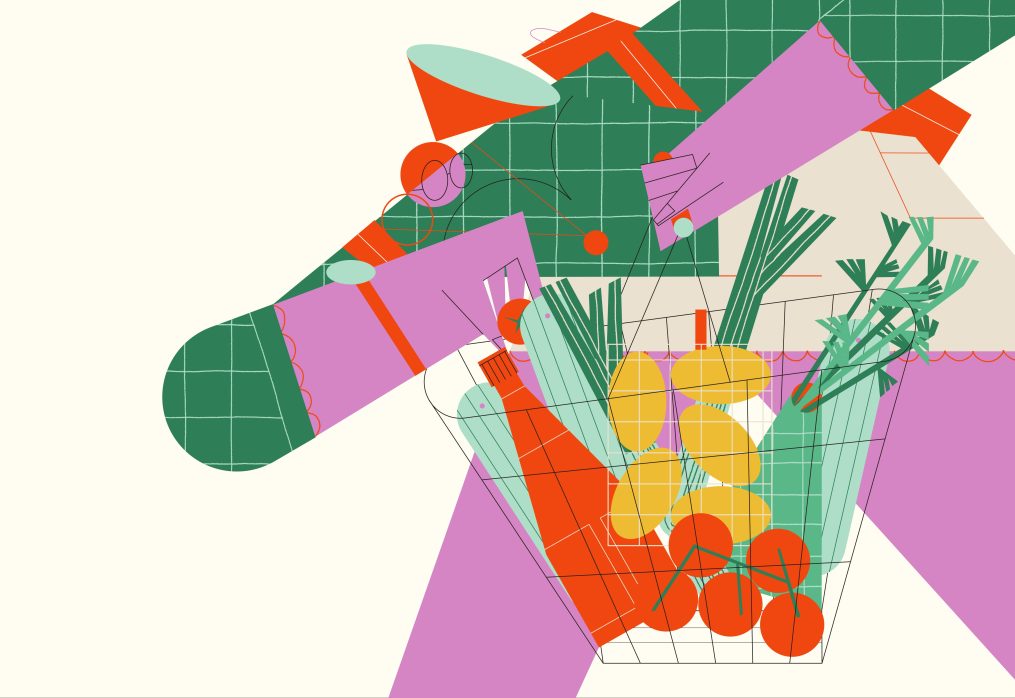How to Deal If Type 2 Diabetes Is Complicating Your Relationship With Food
Whether you’ve recently been diagnosed with type 2 diabetes or have lived with it for years, planning meals can feel complicated. Maybe your doctor told you to be mindful about eating foods that are especially prone to causing blood sugar spikes, or to schedule meals for certain times of the day. Pressure to adhere to that advice could lead you to stress over RSVPing to a last-minute happy hour with coworkers, a dinner invite from an out-of-town pal, or any situation in which you’re unsure if whatever’s on the menu will mess up your dietary plan. Maybe you don’t have a sense of how much of a given thing you can eat at a time, or what makes you feel your best.
All these mental calculations can contribute to a fraught relationship with food: According to the National Institute of Diabetes and Digestive and Kidney Diseases, some people with diabetes become preoccupied with what they can and can’t eat to the point that it contributes to disordered eating behaviors.
Having type 2 diabetes doesn’t mean you need to throw out all your favorite foods and snacks—or never enjoy meals again. With some small tweaks (and maybe a few mindset adjustments), it’s possible to eat well in a way that supports your health—without breaking up with all the savory or sweet treats you love. Here’s what experts recommend.
Start with small, sustainable changes.
When you want to feel better, you may be tempted to overhaul your eating habits overnight. While it’s always important to follow your doctor’s advice with a chronic condition, making sweeping changes to your life all at once generally isn’t sustainable—especially when it comes to food.1 Rather, forming habits that you can stick to will likely occur in small increments over time, Ann Goebel-Fabbri, PhD, a psychologist who specializes in treating people with diabetes, tells SELF. She says small tweaks are usually more manageable because you’re less likely to feel like your diagnosis is drastically changing your life, or that you’re making huge sacrifices to stay healthy.
Find little adjustments that feel like a reward, as opposed to a punishment. Maybe you can swap sugar in your morning coffee for an equally flavorful add-in (cinnamon, anyone?), throw an extra serving of veggies into your pasta at dinner, or reach for low-glycemic berries when a sweet craving hits. Either way, changes that take minimal effort and are enjoyable will likely make living with your condition a little easier down the road.
Focus on the foods you love.
Keeping blood sugar levels in a safe range is paramount: If they get too high for too long, you might develop health complications, per the Mayo Clinic. That’s why your doctor probably stresses being aware of how much sugar and carbohydrates you’re consuming, as they often lead to blood sugar jumps. But having to avoid them entirely? That’s a myth.
Hyper-focusing on avoiding “bad” foods can make you feel restricted and deprived, or isolated from others who aren’t eating the same things as you,2 Lori Zanini, RD, a dietitian who specializes in diabetes, tells SELF. Plus, food is fuel: Your body needs all kinds of nutrients to make it through the day—even carbs.
